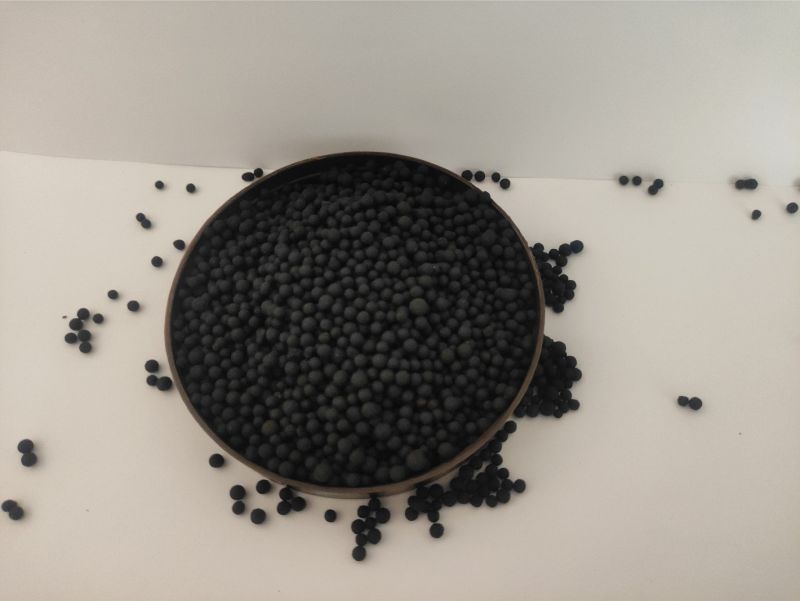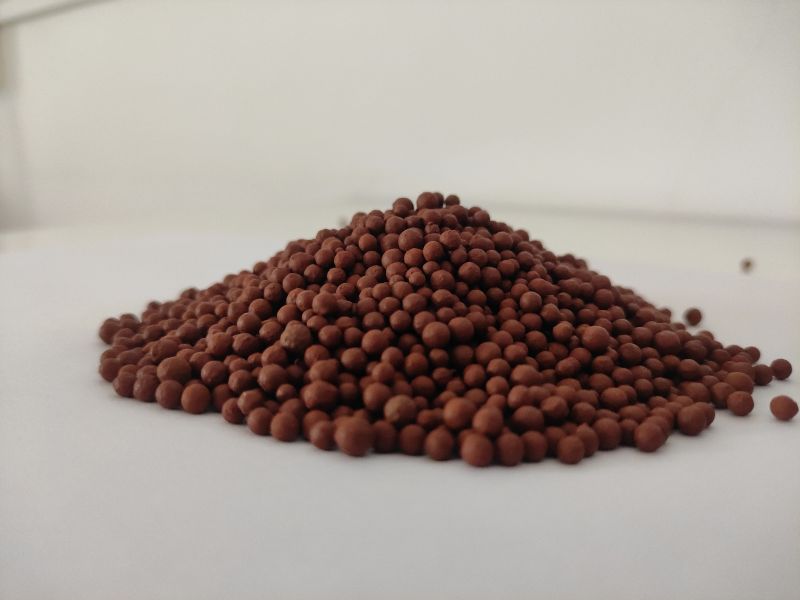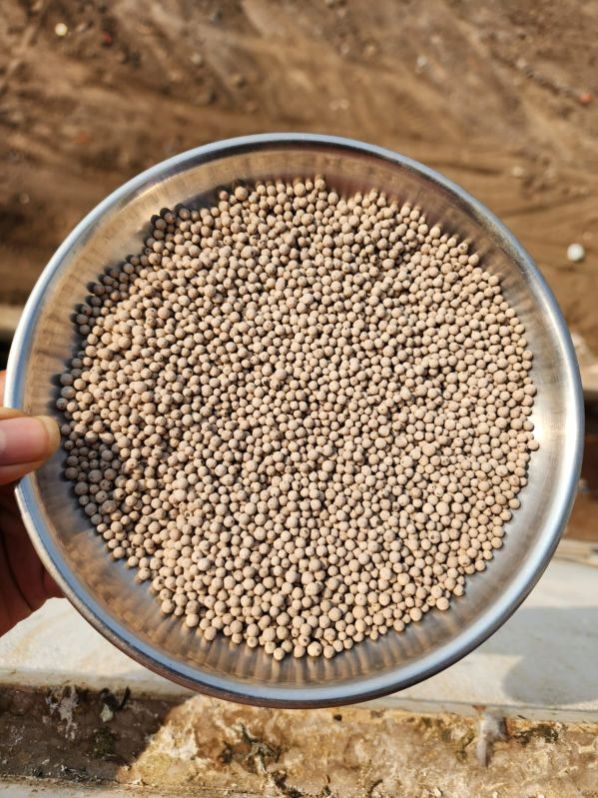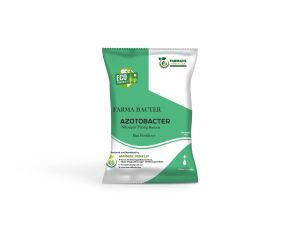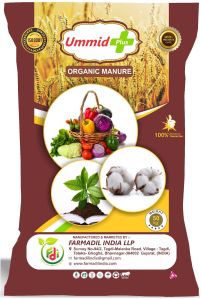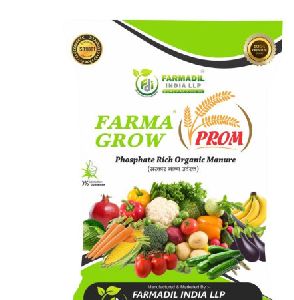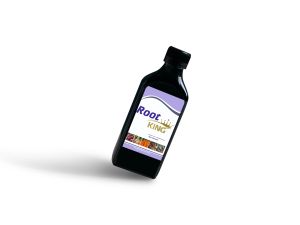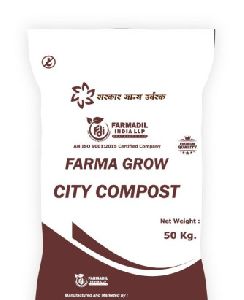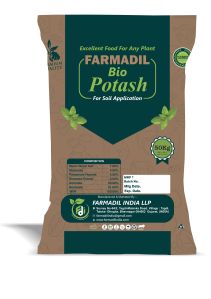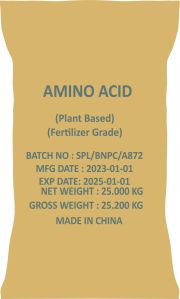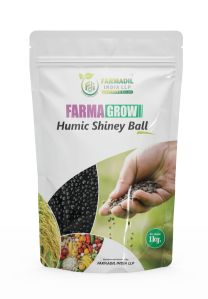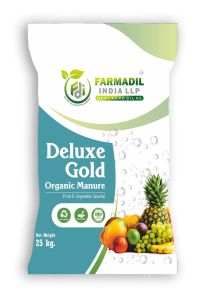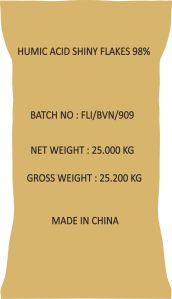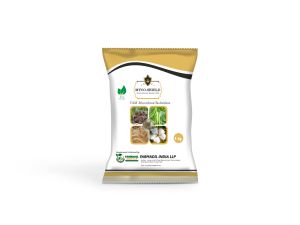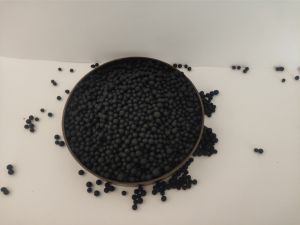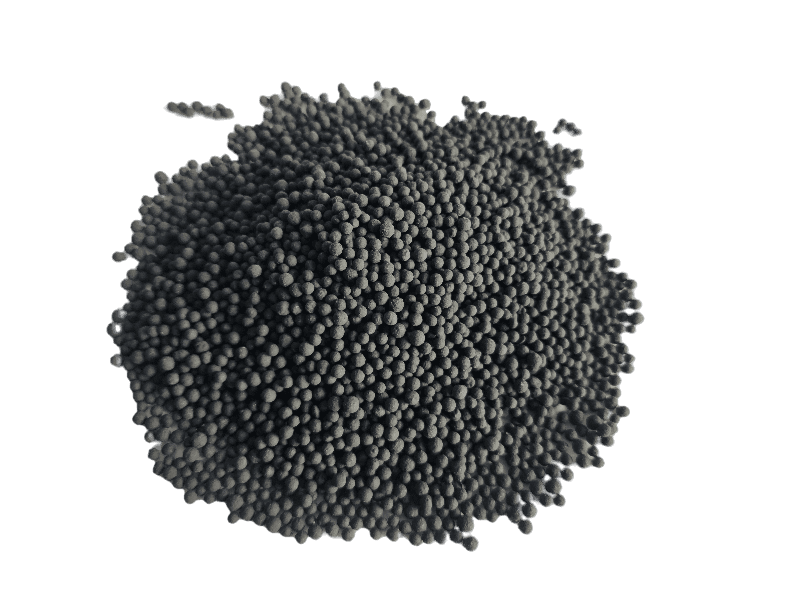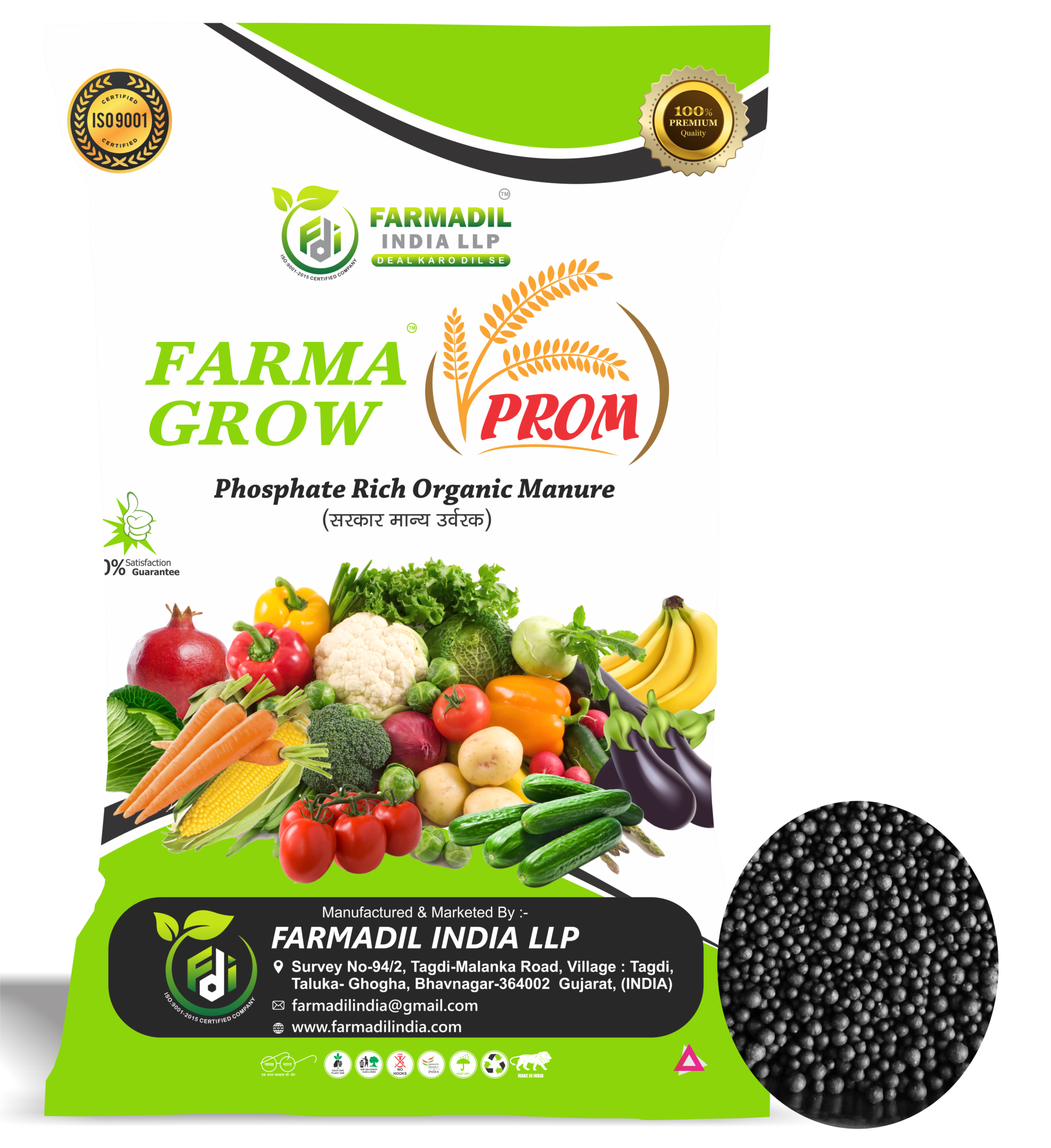- Bhavnagar, Gujarat
- GST NO. : 24AAHFF7736M1Z0
- +91-7201909091, +91-9998909091
organic fertilizer
| Business Type | Manufacturer, Exporter, Supplier, Trader |
| Pattern | Round Granule |
| Odor | Odorless |
| Physical State | Ball shape |
| Click to view more | |
Preferred Buyer From
| Location | Worldwide |
Product Details
Organic fertilizer refers to natural substances derived from living organisms or their by-products that are utilized to enhance soil fertility and promote plant growth. These fertilizers are in contrast to synthetic or chemical fertilizers, as they are composed of organic materials such as plant and animal waste, compost, and other organic compounds.
Here are some brief descriptions of some specific types of organic fertilizers mentioned:
1. Organic Manure: This is a general term for organic materials, such as compost, animal excreta, and plant residues, that are decomposed and used as a nutrient-rich soil amendment.
2. Fermented Organic Manure: Produced through the fermentation of organic matter, this fertilizer undergoes a controlled decomposition process, resulting in a nutrient-dense product that improves soil structure and fertility.
3. Phosphate Rich Organic Manure: This type of organic fertilizer is rich in phosphorus, a crucial nutrient for plant development. It typically includes bone meal, rock phosphate, or other organic sources of phosphorus.
4. Bio-enriched Organic Manure: Enriched with beneficial microorganisms, this fertilizer enhances soil microbial activity, promoting nutrient cycling and creating a more favorable environment for plant growth.
Benefits of Organic Fertilizers:
1. Environmentally Friendly:Organic fertilizers are derived from natural sources, reducing the environmental impact associated with the production and use of synthetic fertilizers.
2. Improved Soil Structure: Organic fertilizers enhance soil structure by promoting the development of beneficial microorganisms, improving water retention, and preventing soil erosion.
3. Slow Release of Nutrients: Unlike some synthetic fertilizers that release nutrients rapidly, organic fertilizers release nutrients slowly over time, providing a steady and sustainable source of nourishment for plants.
4. Reduced Risk of Soil Degradation: Continuous use of organic fertilizers helps maintain soil fertility and reduces the risk of soil degradation often associated with the long-term use of chemical fertilizers.
5. Enhanced Plant Health: Organic fertilizers contribute to overall plant health by supplying a broad spectrum of nutrients and fostering a balanced soil ecosystem, leading to stronger, more resilient plants.
6. Minimized Chemical Residue: Organic fertilizers typically contain fewer or no synthetic chemicals, reducing the risk of chemical residues in the soil, water, and plant tissues.

